Exactly 34 years ago, on July 17, 1991, the Supreme Council of the PMSSR approved the date of September 2 as an annual state holiday – Republic Day. The republic itself was just being formed then. Its leaders – Igor Smirnov and a number of deputies – were under arrest in Chisinau. The Moldovan authorities were sure that they had “beheaded” the young republic, and it would not live to see its first anniversary. But on the holiday of September 2, 1991, the IV Congress of People's Deputies of All Levels of Pridnestrovie gathers in Tiraspol. The decision to convene it was also made on July 17, 1991, in the course of the meeting of the Supreme Council of Pridnestrovie. 667 city and district deputies – congress delegates – make important decisions for the activities of the young state on the first anniversary of the republic. One of them is the approval of state symbols: the coat of arms and flag.
The next day after the appeal of the United Strike Committee, on August 6, 1991, the Supreme Council approved the decision of the commission on symbols on the two best examples of the coat of arms and flag of the PMSSR. The draft Constitution of the young republic was published in the newspapers on August 17. The IV Congress of People's Deputies of All Levels of Pridnestrovie adopts the first Constitution of the PMSSR already on September 2. According to it, the republic was proclaimed a sovereign and independent state within the USSR.
A proposal was first made to create special formations to protect the republic at the IV Congress. According to the delegates, only a people's guard or a people's militia could help the Pridnestrovians feel at ease in their native land. The IV Congress condemned the terrorist actions of Moldova and demanded the immediate release of the deputies arrested for political reasons and the Chairman of the PMSSR Igor Smirnov. The delegates of the Congress proposed that the Supreme Council take measures to protect sovereignty and independence and approve the law on the Republican Guard within a week. Other important resolutions were also adopted.
The IV Congress of People's Deputies of All Levels approved the decision of the Supreme Council of the PMSSR to adopt the Declaration of Independence (the deputies approved the decision at a meeting on August 25, 1991). It stated that the republic was created as a democratic state governed by the rule of law, designed to ensure equal rights and obligations for citizens of all nationalities. The declaration proclaimed that the only source of state power in the republic and the guarantor of its independence is the people, whose sovereignty is exercised both directly and through representative bodies. The floor was taken by the Chairperson of the Women's Strike Committee, deputy of the Tiraspol City Council Galina Andreeva during the work of the IV Congress. She reported on the women's decision to picket the railway until the Pridnestrovians arrested for political reasons are released, and read out an ultimatum to the Moldovan leadership. The day before, on September 1, 1991, the "rail war" began: Pridnestrovian women blocked the movement of trains demanding the release of the first persons of the young state. Moldovan law enforcement officers initiated criminal cases against the activists, they tried to intimidate them by sending a diesel locomotive: the Moldovan economy was bursting at the seams due to the "rail blockade". But the Pridnestrovian women, demonstrating the highest patriotism, stood firm and won. The last of the detained Pridnestrovian and Gagauz activists, including the leader of the republic Igor Smirnov, were released from the Chisinau pretrial detention center a month after the "rail war", on October 1, 1991.
The IV Congress of People's Deputies of All Levels became an important part of the historical events for the Pridnestrovian Moldavian Republic. What happened before, during and after the congress of deputies became a symbol of the unity of the Pridnestrovian people and their fight for independence. The republic began with brave people who were not afraid to defend their rights in the midst of national madness on the right bank of the Dniester.
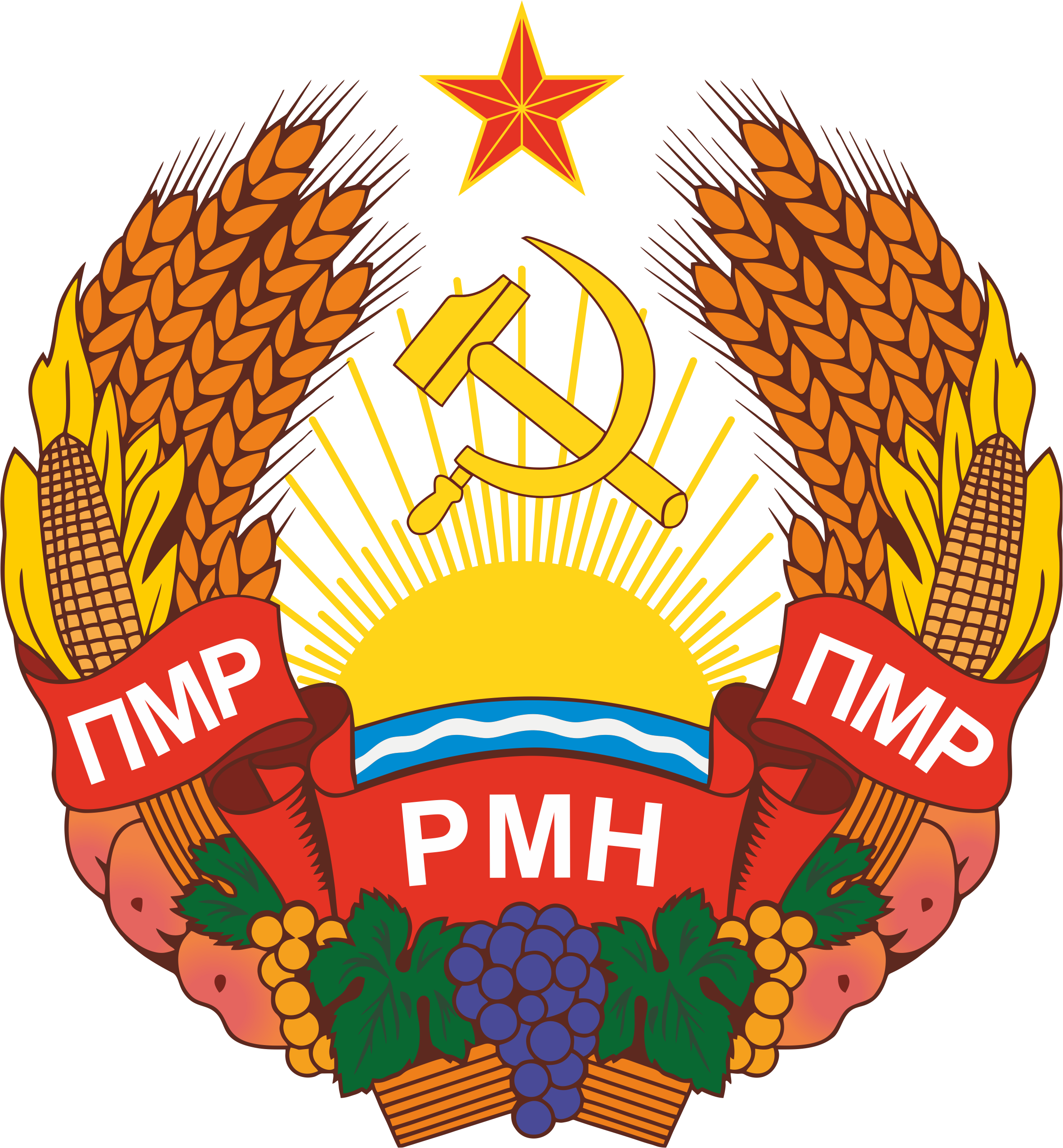

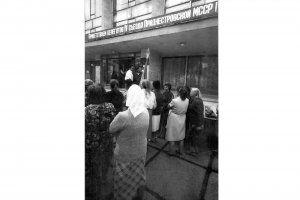
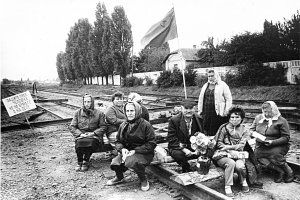
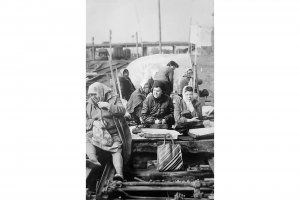
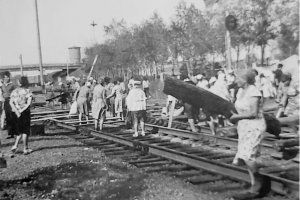
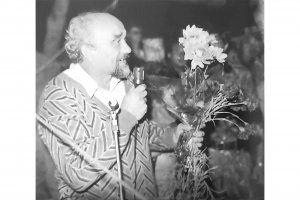
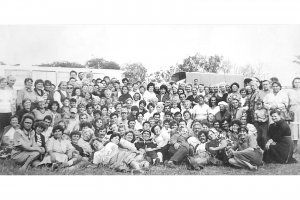
 Законы ПМР
Законы ПМР Постановления
Постановления Законопроекты
Законопроекты Анонс мероприятий
Анонс мероприятий 0 (533) 6-24-24
0 (533) 6-24-24